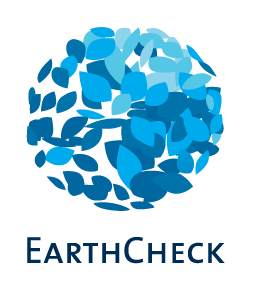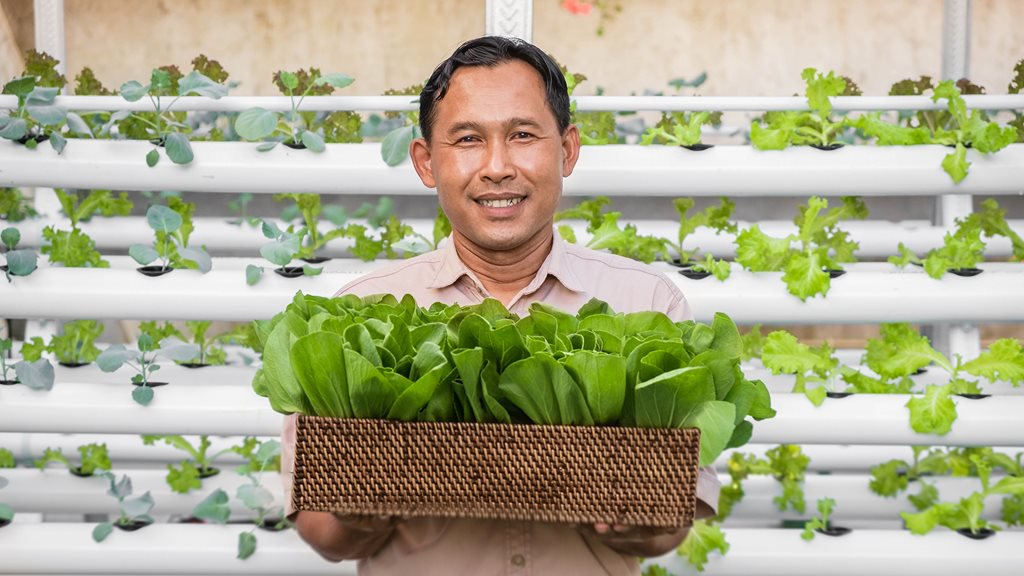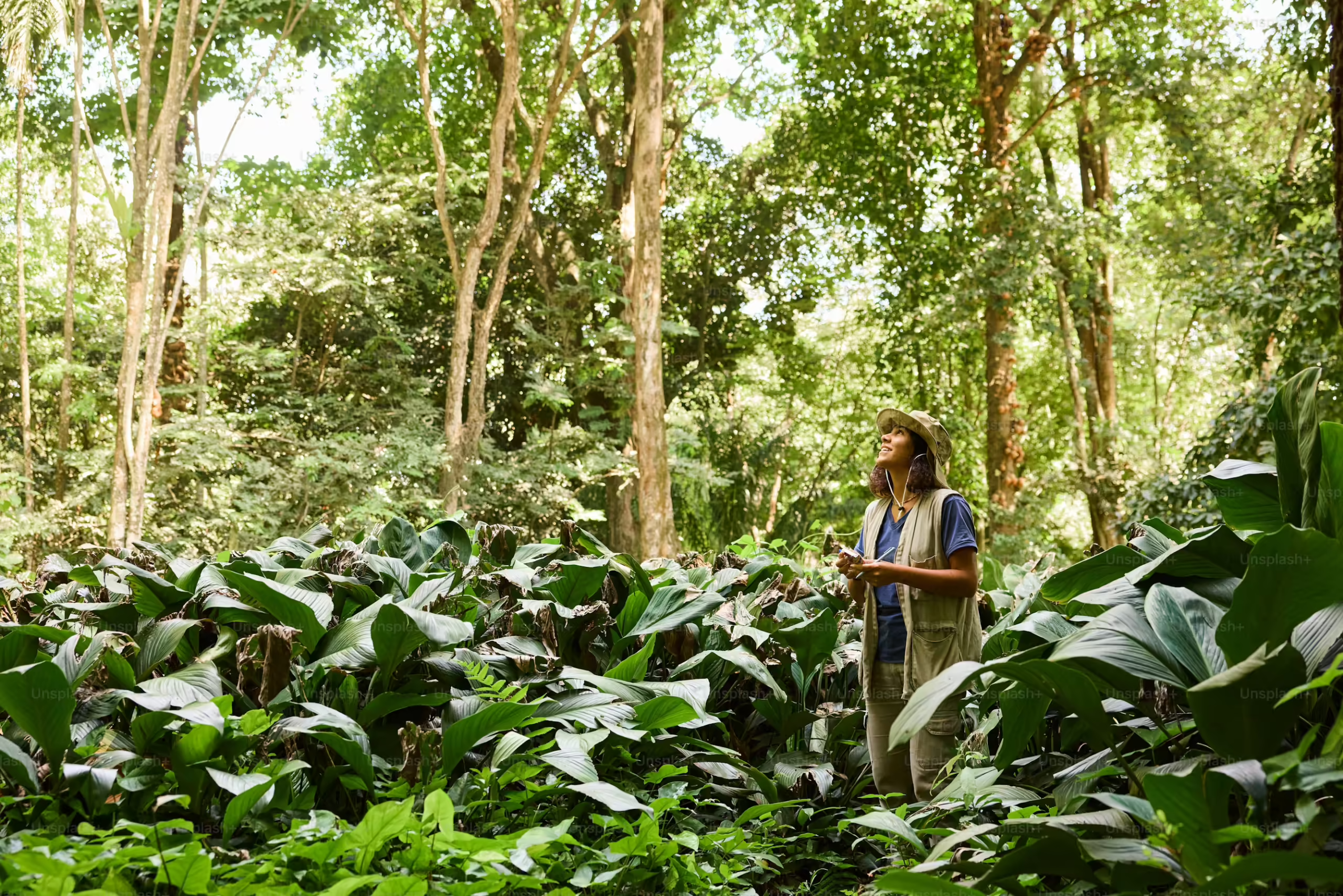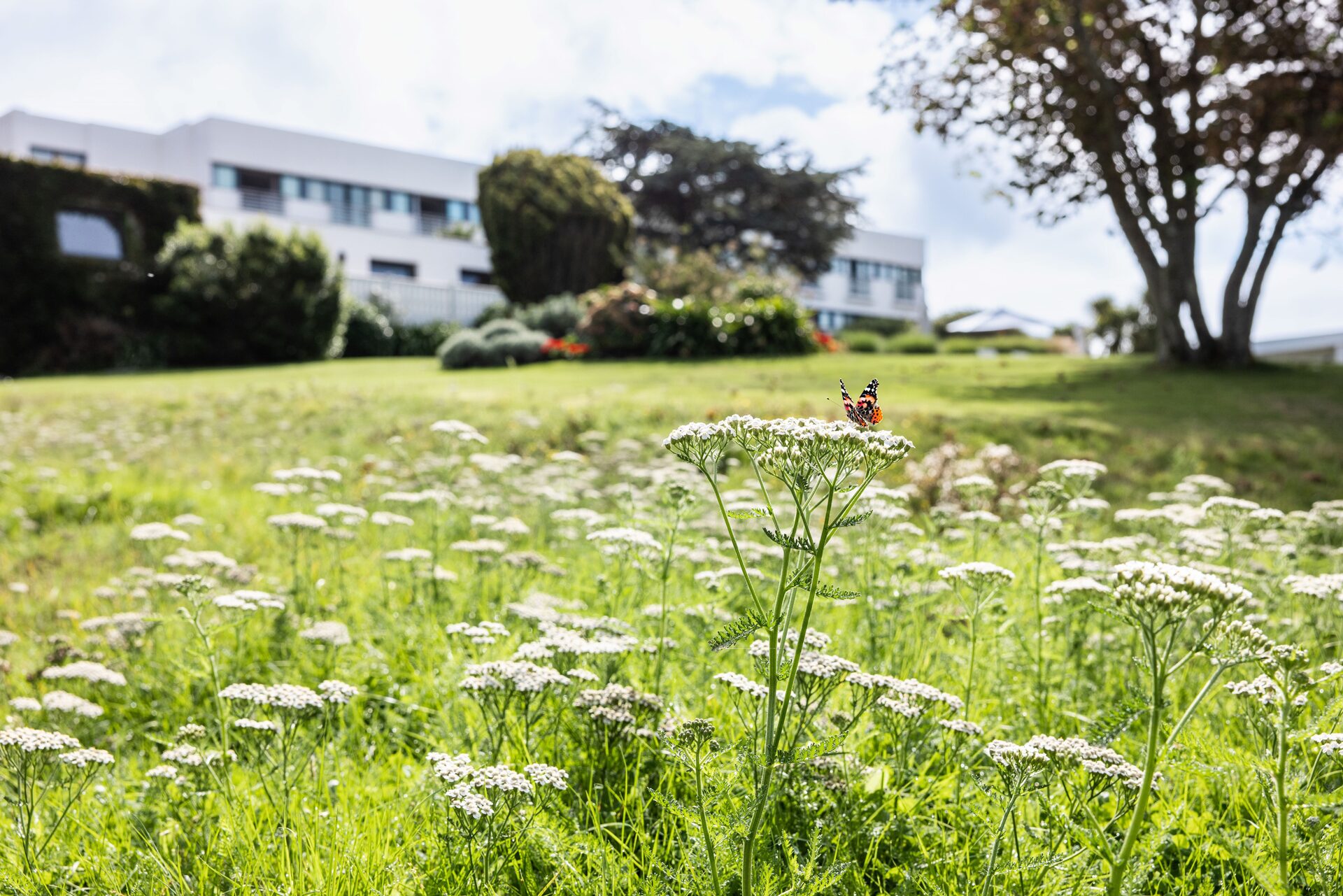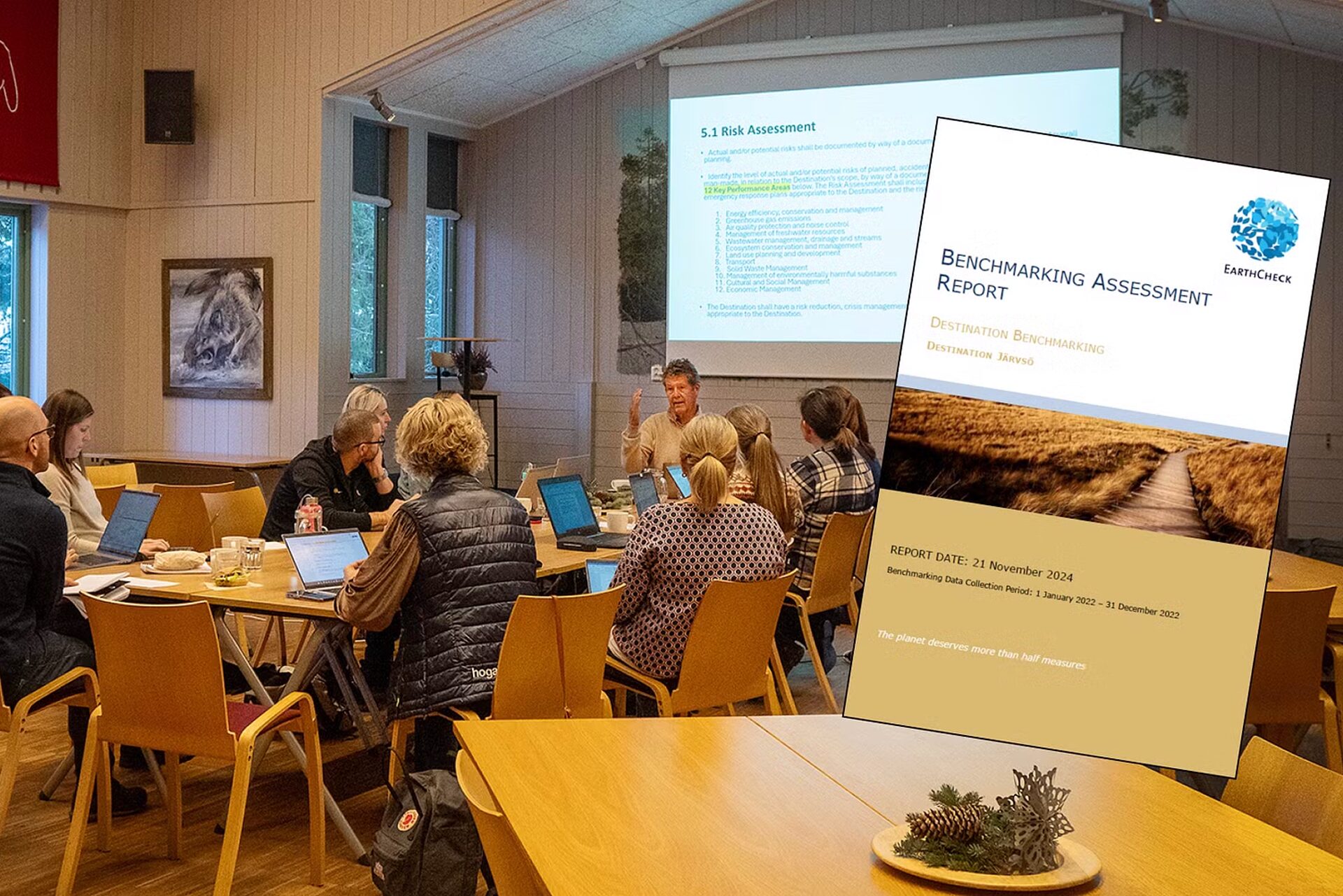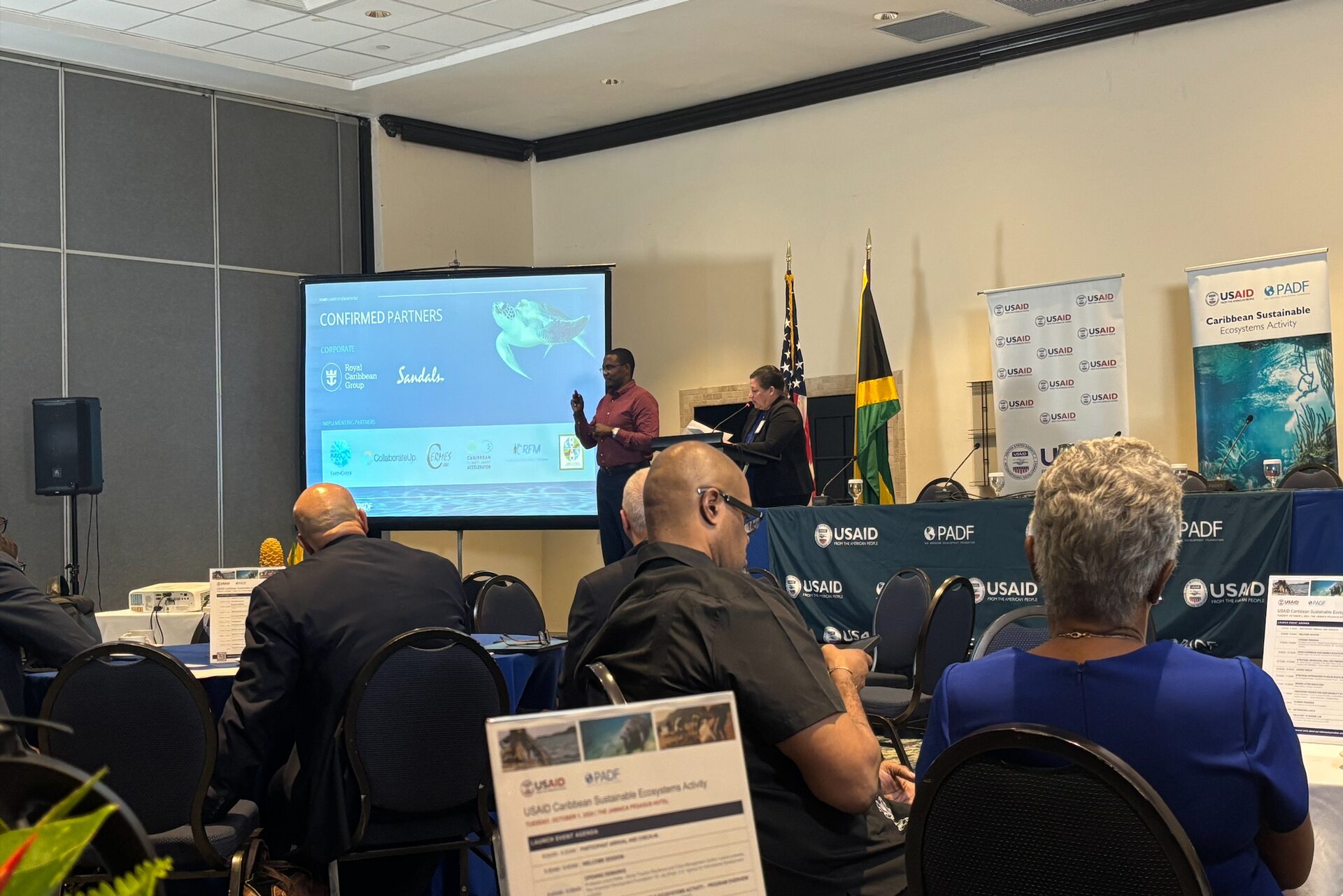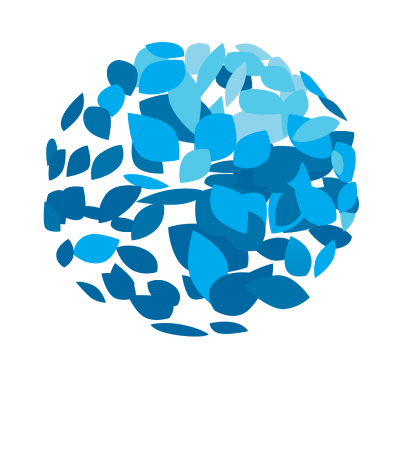Nusa Dua, April 2021 – The Apurva Kempinski Bali has been known to implement a series of initiatives, each targeting different aspects of its sustainability commitment. As part of these initiatives, the resort has recently announced the launch of its Rooftop Garden. Using the rooftop space to grow various types of greens, this Rooftop Garden is set to establish a more sustainable kitchen in the resort. Plants are grown in a hydroponic and soil cultivation system. These plants are then harvested, and used as cooking ingredients.
The Rooftop Garden is yet another step taken in the resort’s efforts towards a better environment. Ever since its opening in 2019, the resort has minimised the use of single-use plastic. This decision was based on its awareness of the damaging effect that plastic waste has on the environment, and the resort has been replacing single-use plastic, such as straws, with biodegradable products. Green Linen Artefact was also introduced to the guests as a way to enhance their local experience and reflect the true craftsmanship of Kempinski. At the resort, this artefact is presented in the form of Jalak Bali, also known as the Bali starling, the island’s indigenous bird. The artefact is placed on the bed by the guest, to indicate that they would like to have their linen replaced. By leaving the artefact on the bedside table, the guest indicates that they would like to save water by having their linen replaced the following day.


In collaboration with Diversey, the ‘Linens for Life’ programme provides free face masks made from clean and hygienic discarded hotel linen to people in the local community who are in need. Meanwhile, the Soap for Hope programme provides at-risk people with access to soap, and information about how and when to use it. Soaps from the resort are cut and disinfected and pressed together to form a new soap bar.
The resort has been actively monitoring and reporting its environmental and social impact from its operations, including indicators such as energy and water consumption, community engagement and much more. This is done through EarthCheck, the world’s leading scientific benchmarking, certification and advisory group for travel and tourism.
‘Celebrating Diversity is our key programme for this year,’ General Manager Vincent Guironnet shared. ‘Sustainability plays an integral role in it. It is important for us to deliver an uncompromising luxury experience, while ensuring a minimal environmental and social impact. The launch of the Rooftop Garden is another essential step for us in enhancing our guest experience, by incorporating environmental responsibility.’
